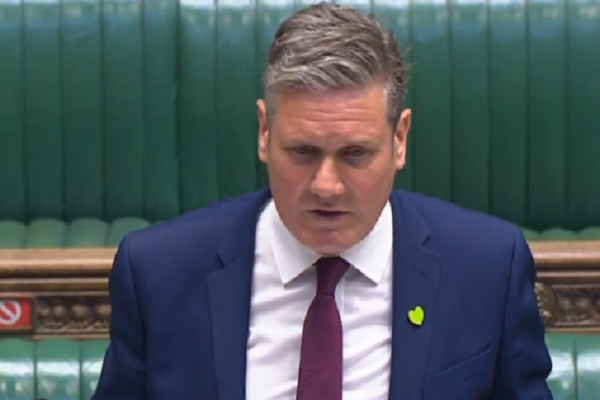The recent election results in the United Kingdom have raised both eyebrows and hopes as the Labour Party claimed victory. While securing a significant majority, the win unveils complexities beneath the surface.
The Labour Party’s triumph was met with optimism from financial markets, signalling a potential era of political stability. With a 174-seat majority, analysts anticipate a more predictable economic landscape, as noted by the Financial Times, which cited investor confidence in Labour’s victory to stabilise the UK’s economic future.
Despite the apparent landslide, closer inspection reveals a nuanced picture. Labour garnered fewer votes than in previous elections, highlighting a limited popular endorsement beyond the parliamentary success. This discrepancy points to a more subdued enthusiasm among the electorate.
Labour’s win suggests a looming shift in policy direction, with pledges to reform the UK’s planning system potentially spurring economic growth. Sir Keir Starmer’s leadership marks a departure from previous tumultuous periods, offering a vision for long-term policy-making, provided the party maintains its momentum.
Election analyst Professor John Curtice noted the singular role of Scotland, where Labour benefitted from a decline in Scottish National Party support. Without these gains, Labour’s vote share would have diminished, underscoring a tepid national enthusiasm.
Starmer’s administration faces an economic landscape fraught with challenges, including stagnant growth and stringent fiscal constraints. The new chancellor, Rachel Reeves, advocates for a ‘pro-growth Treasury’, aiming for synergy with business sectors to revitalise the economy.
Labour’s economic strategy hinges on the promise of uplift, albeit under the shadow of limited fiscal leeway. As Deloitte UK’s Ian Stewart observes, Labour inherits an underperforming economy but one with potential for turnaround. Yet, historical patterns caution that achieving robust, stable growth remains a formidable task.
The travel sector anticipates positive developments under the new government, with Labour’s intent to overhaul ATOL regulations and revisit the Package Travel Regulations. Such measures are poised to benefit travel businesses significantly.
Labour also aims to reform business taxation and replace the existing business rates system in England, a move likely welcomed by industry stakeholders eager for fiscal relief. These initiatives represent Labour’s broader objective of creating a conducive business environment.
The upcoming King’s Speech will unveil Labour’s legislative blueprint, including employment law reforms and plans for a state-owned energy entity, alongside gradual nationalisation of rail services.
The European summit scheduled for July 18 is expected to recalibrate UK-EU relations, setting a cooperative tone before the summer recess and the October Budget review. Such diplomatic engagements are crucial for redefining post-Brexit ties.
The Labour Party’s recent electoral success is nuanced by underlying challenges and opportunities. While the path forward is laden with economic hurdles, effective policy implementation could herald a new era of stability and growth for both the nation and its industries.
Labour’s victory brings optimism tempered by realistic assessments of the challenges ahead. The government’s ambitions must align with pragmatic solutions to navigate the economic landscape, ultimately fulfilling its promise of stability and growth.

